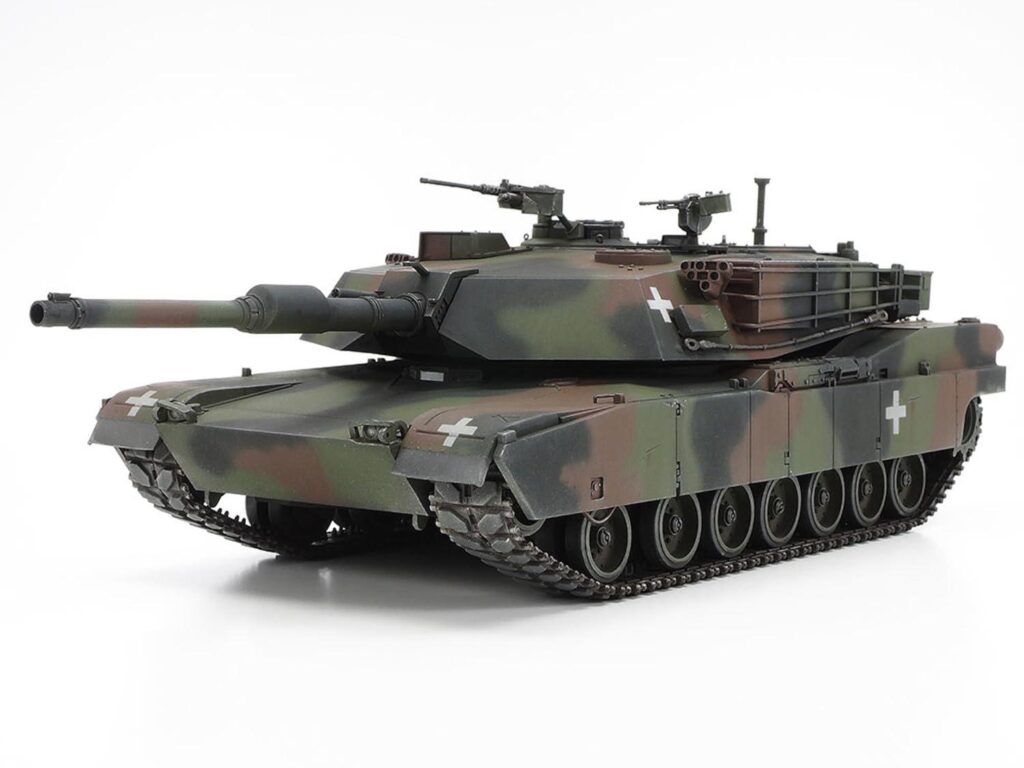In the shadows of European geopolitical tension, Germany is quietly mobilizing its military procurement strategy, signaling a notable shift in defense preparedness. As whispers from insider sources begin to crystallize, the nation appears poised to make substantial investments in cutting-edge aerial and ground military capabilities.These anticipated massive orders for advanced jets and armored vehicles hint at a strategic reassessment of Germany’s military posture, perhaps reshaping the continental defense landscape in the coming years.In a strategic move that signals a significant shift in military preparedness, defense procurement officials are finalizing massive contracts for advanced military equipment. Multiple sources close to the negotiations reveal that extensive plans are underway to substantially upgrade the nation’s defense capabilities.The procurement initiative focuses on state-of-the-art fighter jets and cutting-edge armored vehicles, representing a substantial investment in national security infrastructure. Defense ministry insiders suggest the orders could potentially transform the country’s military landscape, addressing critical modernization needs that have been developing over recent years.European defense contractors are positioning themselves competitively, recognizing the potential magnitude of these contracts. Leading manufacturers are presenting complex technological solutions designed to meet stringent military specifications and performance requirements.Preliminary discussions indicate the procurement will likely involve multiple tranches of advanced combat aircraft, potentially including fifth-generation fighters with sophisticated electronic warfare capabilities. These platforms would replace aging legacy systems and provide enhanced operational adaptability across diverse mission profiles.
Armored vehicle contracts are expected to encompass a comprehensive range of platforms, from infantry fighting vehicles to advanced reconnaissance systems.The proposed acquisitions aim to provide improved mobility, protection, and technological integration for ground forces.
Strategic considerations driving these procurement efforts include evolving geopolitical tensions,regional security challenges,and the need to maintain technological superiority within NATO alliance frameworks. Defense experts suggest these investments represent a proactive approach to national security preparedness.
Financial allocations for these procurement programs are substantial, with estimates suggesting billions of euros will be committed over the next several procurement cycles. The military modernization initiative reflects a broader commitment to maintaining robust defensive capabilities in an increasingly complex international security environment.
Technical specifications for the proposed acquisitions emphasize sophisticated dialog systems, enhanced survivability features, and modular design architectures that allow for future upgrades and technological adaptations.Industry analysts predict these procurement decisions will have significant economic implications, potentially generating thousands of high-technology jobs and supporting domestic industrial capabilities. The contracts are expected to provide substantial stimulus to the national defense manufacturing sector.
Negotiations are currently in advanced stages, with final details being meticulously reviewed by defense procurement committees. While official confirmations remain pending, sources indicate a high probability of contract finalizations in the coming months.The comprehensive modernization program underscores a strategic commitment to maintaining defensive readiness and technological superiority in an increasingly complex global security landscape.





